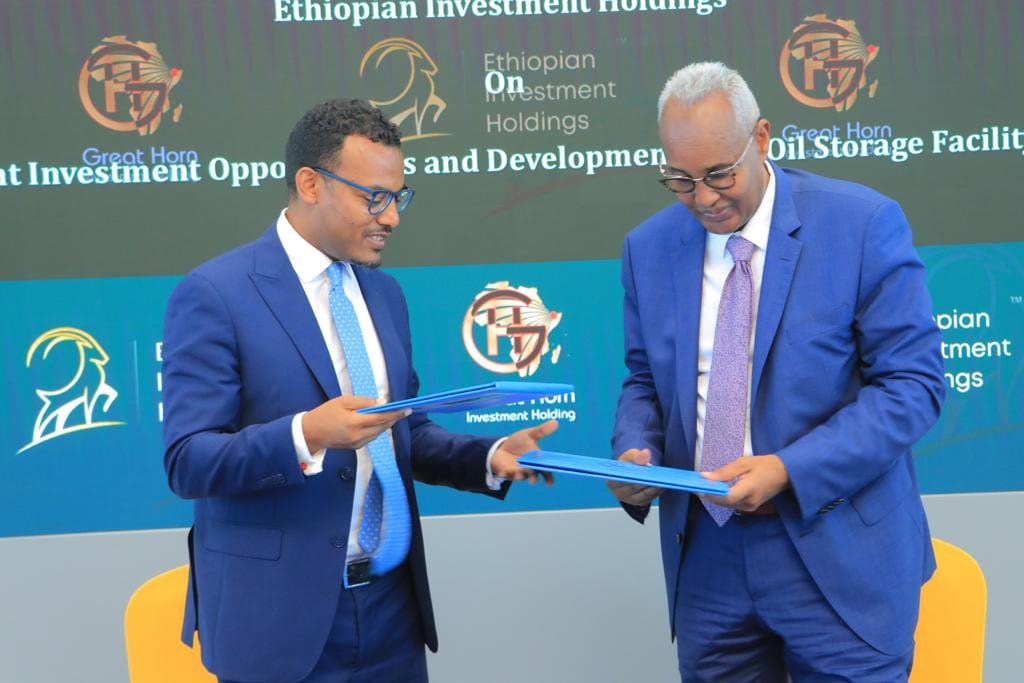In Summary
- As of 2025, the total assets managed by African Sovereign Wealth Funds (SWFs) are estimated to be around $300 billion.
- In 2025, the largest sovereign wealth fund in Africa is led by Ethiopia with $46 billion, followed by Algeria with $13 billion, and Zambia with $6 billion.
- Increasingly, African SWFs are channeling capital into national infrastructure such as roads, power plants, and digital hubs.
Deep Dive!!
As Africa continues to navigate complex economic transitions, ranging from commodity dependency to the urgent need for infrastructure and climate resilience, Sovereign Wealth Funds (SWFs) are emerging as powerful tools for long-term national development.
Sovereign Wealth Funds are state-owned investment vehicles used to manage excess revenues from natural resources, drive economic diversification, stabilize public finances, and attract private capital for transformative projects.
In recent years, several African countries have significantly expanded their SWF assets, reflecting growing fiscal discipline, smarter capital allocation, and strategic partnerships with both local and global investors. Ethiopia experienced a meteoric rise to become the continent’s largest fund holder, which has enabled the country to achieve macroeconomic stability and resource-driven growth.
Here, we provide a detailed ranking of the Top 10 Sovereign Wealth Funds in Africa in 2025 released in the Sovereign Impact Report 2025 developed by the United Nations SDG Center for the Governance of Change, highlighting their asset values, governance structures, and strategic roles in national development.
10. Ghana – $2 Billion
Through the Ghana Infrastructure Investment Fund (GIIF), the country has built a Sovereign Wealth Fund portfolio of $2 billion. The fund supports transport, logistics, and power infrastructure. It has recently backed port expansion, solar farms, and digital infrastructure projects, positioning itself as a key instrument in Ghana’s long-term vision of becoming a logistics hub in West Africa.
9. Angola – $2 Billion
Created in 2012, the Fundo Soberano de Angola (FSDEA) is Angola’s Sovereign Wealth Fund manager, and it invests in domestic infrastructure, including affordable housing and mechanised agriculture. It co-invests with international banks and multilaterals like the African Development Bank.
8. South Africa – $3 Billion
South Africa manages its Sovereign Wealth Funds under the Public Investment Corporation (PIC) and Sovereign Development Fund initiative (established in 2022). They prioritize industrial transformation, climate infrastructure, and township economy upgrades. It is structured to crowd in private capital and blend finance in strategic sectors like energy transition and innovation.
7. Tunisia – $3 Billion
Tunisia manages its Sovereign Wealth Fund through the Caisse des Dépôts et Consignations (CDC Tunisia) and focuses on financing SMEs, renewable energy, and digital economy initiatives. It partners with international donors and multilateral institutions to co-finance green growth and job creation programs.
6. Nigeria – $3 Billion
Through the Nigeria Sovereign Investment Authority (NSIA), Nigeria structured its Sovereign Wealth Fund into three sub-funds (Stabilisation, Infrastructure, and Future Generations). NSIA finances critical infrastructure such as highways, bridges, and hospitals. It also manages joint ventures in agriculture and energy while launching a pan-African infrastructure fund.
5. Morocco – $3 Billion
Through its Sovereign Wealth Fund manager, Ithmar Capital, Morocco is focused on private equity and green investments, Ithmar Capital backs tourism, renewable energy, and real estate. It aligns with Morocco’s Vision 2025 and has invested in climate-resilient urban projects and logistics hubs.
4. Botswana – $4 Billion
Established in 1994 from diamond revenues, Botswana’s Pula Fund maintains a conservative, liquid portfolio to offset diamond market fluctuations. It also finances public spending shortfalls and long-term economic development.
3. Zambia – $6 Billion
With the help of the Zambia Sovereign Wealth Fund (ZSWF), Zambia’s SWF has expanded rapidly thanks to reforms in the copper and critical minerals sectors. The fund manages mining royalties and aims to stabilize revenues, reduce debt dependency, and finance rural electrification, mining infrastructure, and green energy.
2. Algeria – $13 Billion
Algeria maintains a Revenue Regulation Fund which functions primarily as a fiscal stabilizer. The country’s Sovereign Wealth Fund is funded by oil and gas revenues. It is designed to absorb commodity-price shocks and finance social spending and infrastructure during downturns, especially as the government navigates energy market volatility.
1. Ethiopia – $46 Billion
Through the Ethiopian Investment Holdings (EIH), Ethiopia leads as Africa’s largest SWF, despite being one of the newest (established in 2021). The fund is central to Ethiopia’s state-capitalist model, consolidating over 27 state-owned enterprises, including Ethiopian Airlines and Ethio Telecom. The fund targets infrastructure megaprojects, export-oriented industries, and domestic capital markets, and has invested in the newly launched Ethiopian Securities Exchange.

